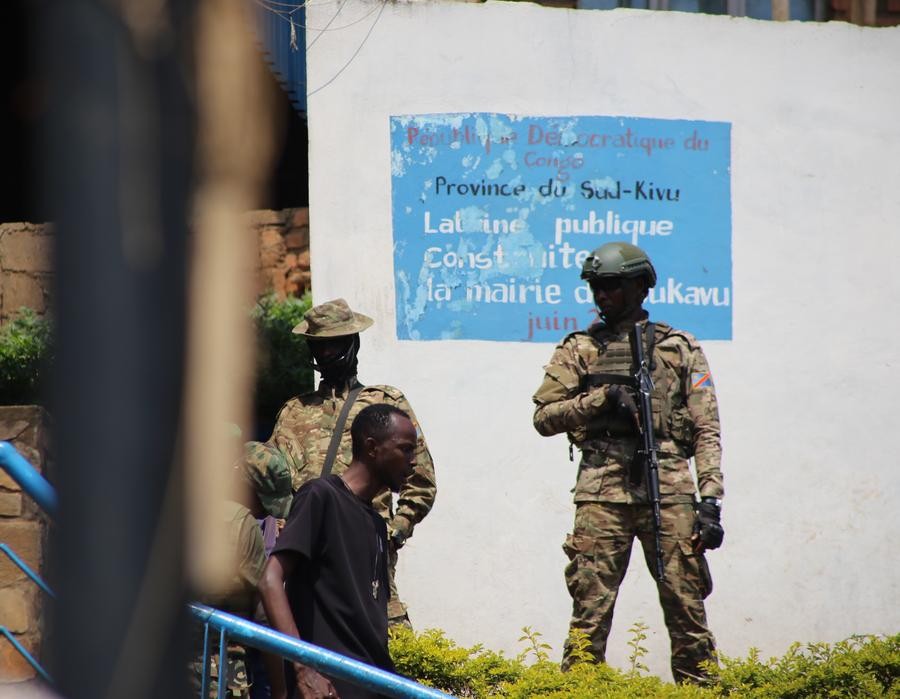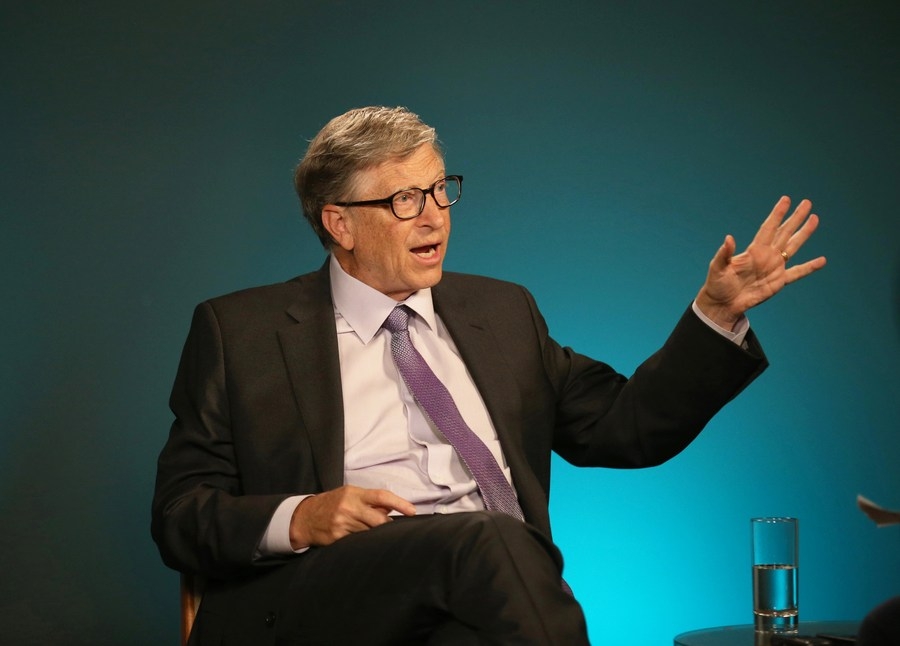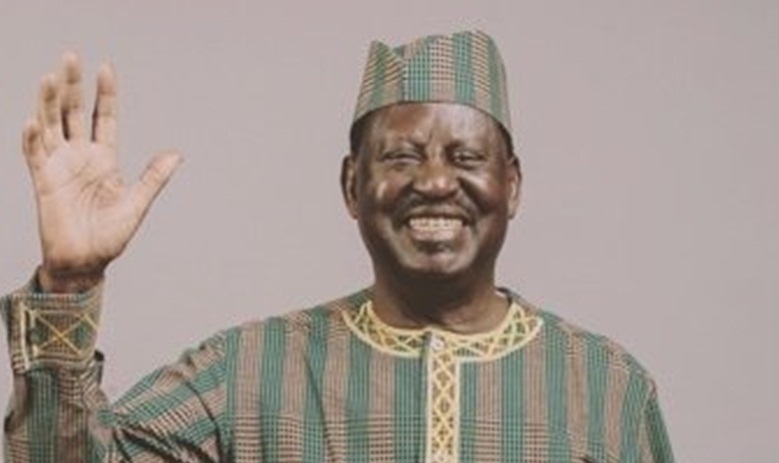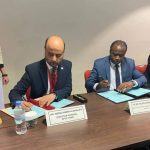ECCAS, founded in the 1980s, aims to foster regional cooperation in areas such as security, economic integration, and conflict resolution
Rwanda has announced its decision to withdraw from the Economic Community of Central African States (ECCAS), citing political bias and obstruction by the Democratic Republic of Congo (DRC). The move underscores growing diplomatic tensions in the region over the conflict in eastern Congo involving the Rwanda-backed M23 rebel group.
The decision came during the 26th ECCAS summit held on Saturday in Malabo, Equatorial Guinea, where Rwanda had anticipated assuming the rotating chairmanship of the 11-member regional bloc. Instead, the presidency remained with Equatorial Guinea, a development Rwanda’s Foreign Ministry described as a violation of its rights and a clear sign of political manipulation.
In a strongly worded statement, Rwanda condemned what it called Congo’s “instrumentalization” of the bloc, accusing Kinshasa of working behind the scenes to block the leadership transition. “There is no justification for remaining in an organization whose current functioning runs counter to its founding principles,” the statement read. It remains unclear whether Rwanda’s exit from the bloc will take immediate effect or be processed through ECCAS’s formal withdrawal procedures.
ECCAS, founded in the 1980s, aims to foster regional cooperation in areas such as security, economic integration, and conflict resolution. However, recent geopolitical rivalries have cast doubt on its effectiveness, especially as armed conflicts and diplomatic disputes flare across Central Africa.
The latest summit was held against the backdrop of rising tensions between Kigali and Kinshasa. Earlier this year, the M23 rebel group — widely believed to be supported by Rwanda — launched a significant offensive in eastern Congo, capturing the region’s two largest cities and killing thousands. The advance raised fears of a broader regional conflict, prompting urgent diplomatic efforts by African leaders, as well as international actors including the United States and Qatar, to de-escalate the situation.

The office of Congolese President Félix Tshisekedi welcomed ECCAS’s decision to retain Equatorial Guinea as chair. In a statement, it claimed the summit “acknowledged the aggression against the Democratic Republic of Congo by Rwanda and ordered the aggressor country to withdraw its troops from Congolese soil.”
Congo, along with the United Nations and several Western governments, has repeatedly accused Rwanda of directly supporting M23 through military aid, weapons, and cross-border troop deployments. Kigali has consistently denied these allegations, arguing that its military presence along the border is defensive and aimed at protecting its territory from attacks by ethnic Hutu militias operating in eastern Congo — some of which are linked to the perpetrators of the 1994 Rwandan genocide.
The diplomatic fallout is not an isolated incident but the culmination of longstanding animosity between the two neighbors. Rwanda’s exclusion from the 2023 ECCAS summit in Kinshasa, hosted under Congo’s chairmanship, further widened the rift. Officials in Kigali saw it as a deliberate affront that called into question the impartiality of the organization.
Rwandan Prime Minister Edouard Ngirente led his country’s delegation to the Malabo summit, where behind-the-scenes discussions reportedly aimed at easing tensions proved unsuccessful. According to sources familiar with the talks, Congo refused to endorse Rwanda’s leadership, citing security concerns and Kigali’s alleged role in destabilizing eastern Congo.
Rwanda’s withdrawal raises questions about the future cohesion of ECCAS, particularly its ability to act as a neutral mediator in regional disputes. Analysts warn that if the bloc is perceived as politically compromised, it may lose credibility and effectiveness in resolving conflicts among member states.
In a broader context, the conflict threatens to derail regional economic integration efforts and jeopardize foreign investment in Central Africa, a region rich in minerals like gold, tantalum, cobalt, copper, and lithium. These resources are critical to the global tech and green energy sectors, drawing international attention to the growing instability.
The United States, under the Trump administration and continuing under current leadership, has expressed hopes of facilitating a peace accord between Congo and Rwanda — one that would unlock billions in Western investment and help stabilize a region long plagued by violence.
For now, Rwanda’s decision to exit ECCAS highlights a dangerous trend of regional fragmentation, where multilateral platforms are increasingly undermined by national rivalries and unresolved historical grievances. Whether ECCAS can recover from this rupture — or whether it marks a turning point toward greater instability — remains to be seen.














